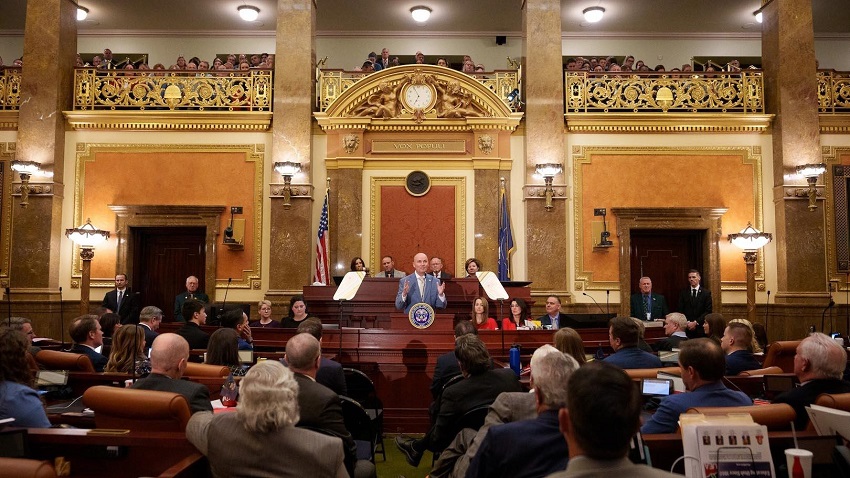Ogden, UT – A legal battle is underway in Utah over the constitutionality of the state’s “school choice” program, with significant implications for public education funding. The Utah Education Association (UEA) filed a lawsuit earlier this year challenging the Utah Fits All scholarship program, arguing that it violates the Utah Constitution’s provisions on the use of income tax revenue.
At the heart of the dispute is whether the $82.5 million annual funding for the program is lawful. Created by the Utah Legislature in 2023, the program provides up to $8,000 in scholarships for eligible K-12 students. These funds can be used for a variety of educational expenses, including private school tuition, homeschooling, tutoring, and testing fees. In total, the program is supported by taxpayer dollars, with a large portion of the funding coming from ongoing income tax revenue.
Under the Utah Constitution, income tax revenue is traditionally earmarked for public education. However, lawmakers have gradually loosened this restriction. In 1996, income tax revenue was allowed to be used for public higher education, and in 2020, a voter-approved amendment expanded the potential use of these funds to support children and individuals with disabilities. The Utah Education Association contends that the Utah Fits All program goes too far, diverting funds meant for public schools to private institutions, which they argue is unconstitutional.
The UEA’s lawsuit claims that the program is a de facto voucher system that funnels public dollars into private education, undermining the state’s public school system. The association argues that this violates the Utah Constitution’s requirement that income tax revenue be used only for public education.
State attorneys and advocates for the program, however, argue that the scholarship fund is legal under the broader interpretation of Amendment G, which allows income tax revenue to support “children” and individuals with disabilities. They maintain that the program’s funding does not violate constitutional requirements, as the funds are being spent to support educational opportunities for children, whether through public or private means.
During a hearing on December 21, 2023, 3rd District Court Judge Laura Scott pressed both sides on the complex constitutional questions at play. The judge expressed frustration over what she perceived as unclear answers from state attorneys regarding the broader implications of their argument. Specifically, she questioned whether the scholarship program could be seen as creating a “shadow” education system that could siphon money away from public schools, which are legally required to serve all students, regardless of background or beliefs.
Attorney Arif Panju, representing parents who support the program, argued that parents have a “fundamental right” to choose the educational path that best suits their children. Panju contended that the scholarship program does not create a parallel education system, as critics have suggested, but simply offers more options for parents seeking to supplement their children’s education.
Despite the heated exchanges, Judge Scott refrained from issuing an immediate ruling. She indicated that she would take the case under advisement and expects to issue a decision in mid-to-late January 2024. The ruling will determine whether the Utah Fits All scholarship program can continue to receive state funding or whether it will be struck down as unconstitutional.
As the case progresses, its outcome could have wide-ranging consequences for school choice programs in Utah and potentially influence similar debates in other states. If the court rules in favor of the Utah Education Association, the scholarship program could be dismantled, potentially limiting alternatives to traditional public education for thousands of Utah families. Conversely, a ruling in favor of the state could set a precedent for expanding the use of public funds for private education, furthering the school choice movement in the state.
With a decision expected in the coming weeks, all eyes will be on Judge Scott’s ruling, as it could shape the future of education funding in Utah for years to come.

